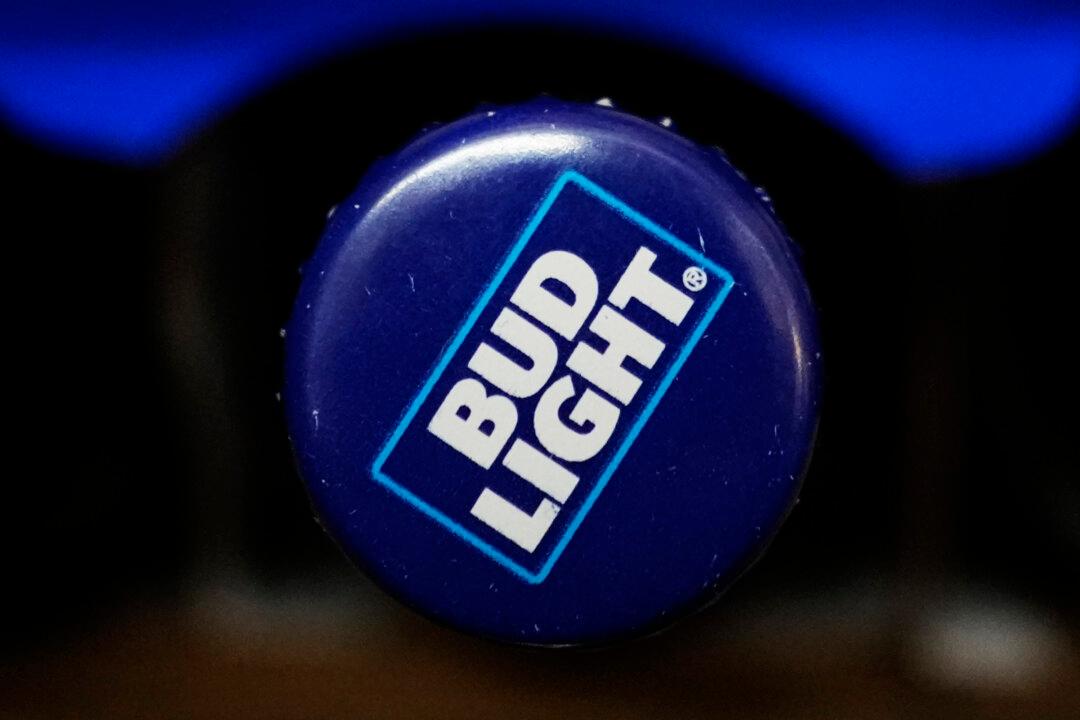Commentary
We’ve crossed the three-year mark of the worst years for freedom in our lifetimes. What do we see? Something I’ve expected since the entire fiasco of lockdowns began. I wrongly assumed that it would begin immediately.

We’ve crossed the three-year mark of the worst years for freedom in our lifetimes. What do we see? Something I’ve expected since the entire fiasco of lockdowns began. I wrongly assumed that it would begin immediately.